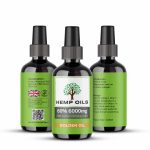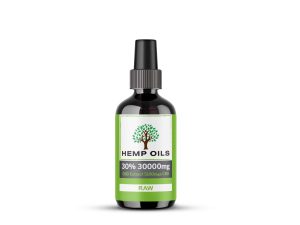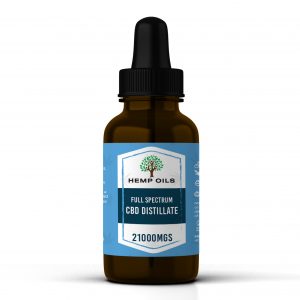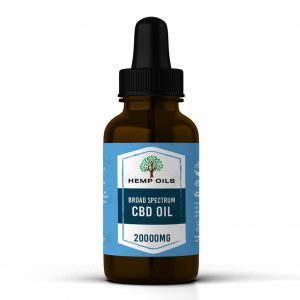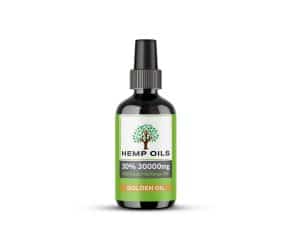Full Spectrum Hemp Oil vs CBD Oil: The Key Distinctions ===
With the growing popularity of hemp-based products, it’s important to understand the difference between full spectrum hemp oil and CBD oil. While these terms are often used interchangeably, there are distinct differences in their composition, benefits, and uses. In this article, we will explore the key distinctions between full spectrum hemp oil and CBD oil, the components and extraction methods used, as well as the respective benefits and uses of each. By the end, you will have a clearer understanding of which option may be best suited for your needs.
Understanding the Composition: Components and Extraction
Full spectrum hemp oil is derived from the whole hemp plant, including its leaves, flowers, and stalks. This oil contains a wide range of beneficial compounds such as cannabinoids, terpenes, flavonoids, and fatty acids. Importantly, it also contains trace amounts of THC, the psychoactive compound found in marijuana. On the other hand, CBD oil is typically extracted specifically from the hemp plant’s flowers and leaves, resulting in a higher concentration of cannabidiol (CBD) and minimal THC content. CBD oil usually goes through additional purification processes to remove any remaining traces of THC.
Both full spectrum hemp oil and CBD oil can be extracted using different methods, including CO2 extraction, ethanol extraction, or olive oil extraction. CO2 extraction is the most common and efficient method, ensuring a high-quality product.
Respective Benefits and Uses of Full Spectrum Hemp Oil and CBD Oil
Due to its wide range of beneficial compounds, full spectrum hemp oil offers the potential for what is commonly referred to as the "entourage effect." This means that the combined effect of all the cannabinoids, terpenes, and other compounds in the oil can enhance their individual therapeutic benefits. Full spectrum hemp oil may help with pain relief, reducing anxiety and depression, improving sleep, and supporting overall wellness.
On the other hand, CBD oil is often preferred by individuals who are looking for the potential benefits of CBD alone, without the presence of other cannabinoids or THC. CBD oil is commonly used for managing pain, reducing inflammation, alleviating symptoms of epilepsy, and promoting general well-being.
Choosing Between Full Spectrum Hemp Oil and CBD Oil: Considerations
When deciding between full spectrum hemp oil and CBD oil, several factors should be taken into consideration. If you are particularly sensitive to THC or undergo regular drug tests, CBD oil with zero or minimal THC content may be the better choice. Additionally, if you are looking for the potential benefits of the entourage effect, full spectrum hemp oil may be more suitable.
It’s also essential to consider the legality of these products in your jurisdiction. While hemp-based products with less than 0.3% THC are legal in many regions, marijuana-derived products may only be legal in specific states or countries.
In conclusion, understanding the differences between full spectrum hemp oil and CBD oil is crucial when deciding which product is right for you. Full spectrum hemp oil contains a wide range of beneficial compounds, including THC, with the potential for the entourage effect. CBD oil, on the other hand, is often preferred by those seeking the potential benefits of CBD alone, without the presence of other cannabinoids or THC. When making a choice, consider your sensitivity to THC, the potential benefits you seek, and the legalities surrounding these products in your area. Always consult with a healthcare professional before incorporating any new supplements into your routine.
